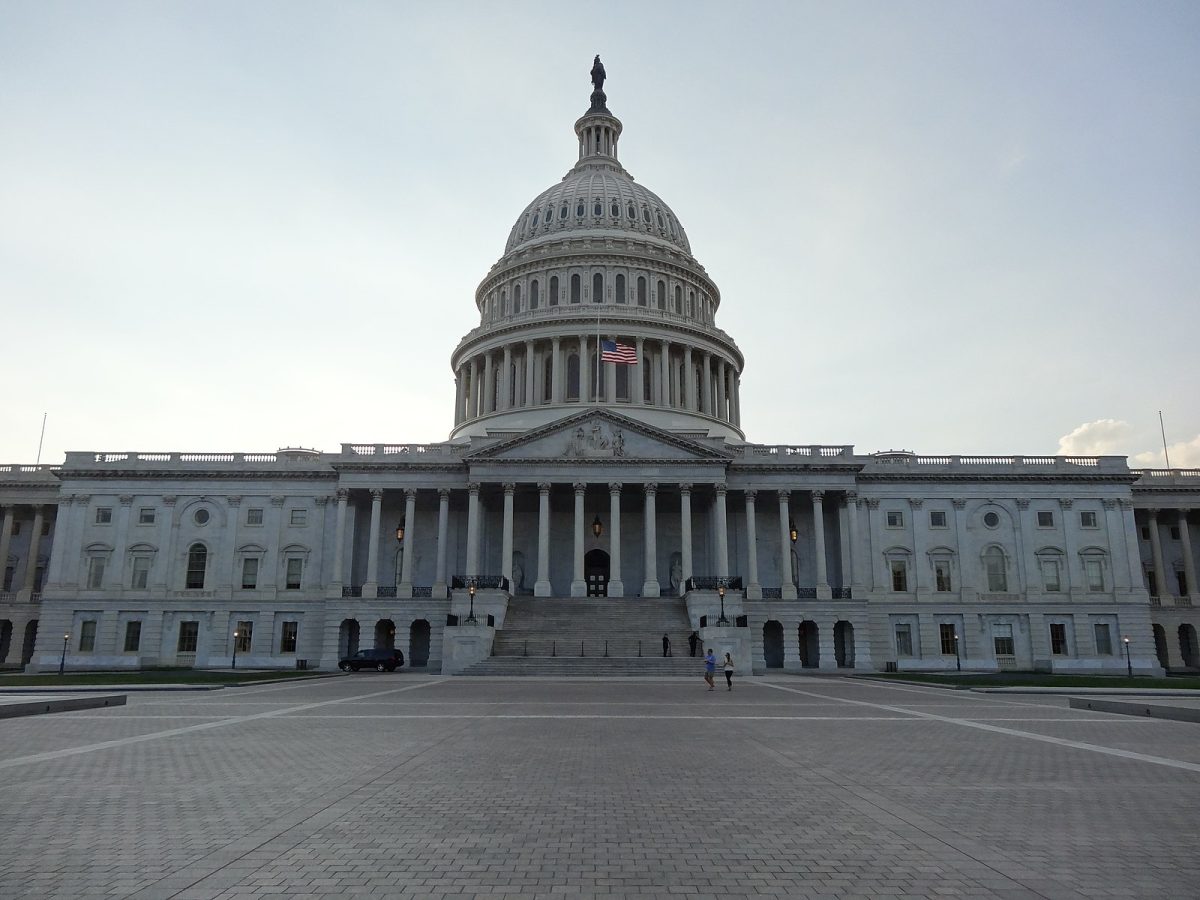Renowned presidential historian Harold Holzer came to Dickinson to give this year’s Wert Lecture on his new book, “Abraham Lincoln and American Immigration.” Holzer, who specializes in studying Lincoln, has contributed to 55 books, many of which are presidential biographies.
Though immigration is perhaps not the social issue that immediately comes to mind when thinking of Abraham Lincoln, it was a particularly relevant aspect of his presidency and politics. In the nineteenth century, millions of people immigrated to the United States to start new lives. The 1845 Irish Potato Famine and the Revolutions of 1848 in Europe caused an immigration crisis as refugees fled across the Atlantic.
During this period, the federal government could not regulate immigration. Instead, individual states regulated it through means such as a head tax and limiting the tonnage of ships in their ports. Otherwise, the East Coast had free borders. After 5 years, immigrants, 70% of whom arrived in New York City—in 1858 the city was 51% foreign-born—could apply for and receive full citizenship.
Americans, most of whom were Protestant, held deep prejudices against immigrants. These prejudices were particularly against the Catholic Irish but also against Germans, both of whom were stereotyped as wasteful drunks who could wrongly influence elections. Americans simultaneously accepted the forced transportation of enslaved Africans to this country, as well as the dispossession of land from Native American tribes, both groups of whom were also—even more severely—oppressed.
Lincoln’s original political party, the Whigs, were hostile to immigrants. However, Lincoln was a radical reformer on the subject. He emphasized that citizenship should be as easy a process for immigrants as possible. Lincoln also thought the U.S. West should be open to all for settlement, including immigrants seeking to improve their lives, but further oppressing Native Americans.
However, when he began to organize the new Republican party, this caused problems when he needed the support of anti-immigration, pro-American nativists for his anti-slavery cause. In time, liberal Germans supported him, and when Lincoln became President in the 1860 election, he installed several immigrants in his administration.
During the Civil War, several of his generals and principal officers were immigrants. These included Hugh Jensen Kilpatrick, Michael Corcoran and the legendary “Fighting Irish” 69th New York Regiment, Thomas Francis Meagher, James Shields, and Franz Sigel.
Lincoln heavily recruited immigrants to serve. Up to 23% of those enlisted in the federal army were foreigners who displayed pronounced patriotism and commitment to serving and defending the Union. They included Irish, Swiss, Italians, Hungarians, Germans, French, and more.
When Lincoln was shot in April 1865, he was carried from the theatre across to a German boarding house, where he ultimately died, and a German choir serenaded his remains. A British immigrant even went on to kill Lincoln’s assassin.





